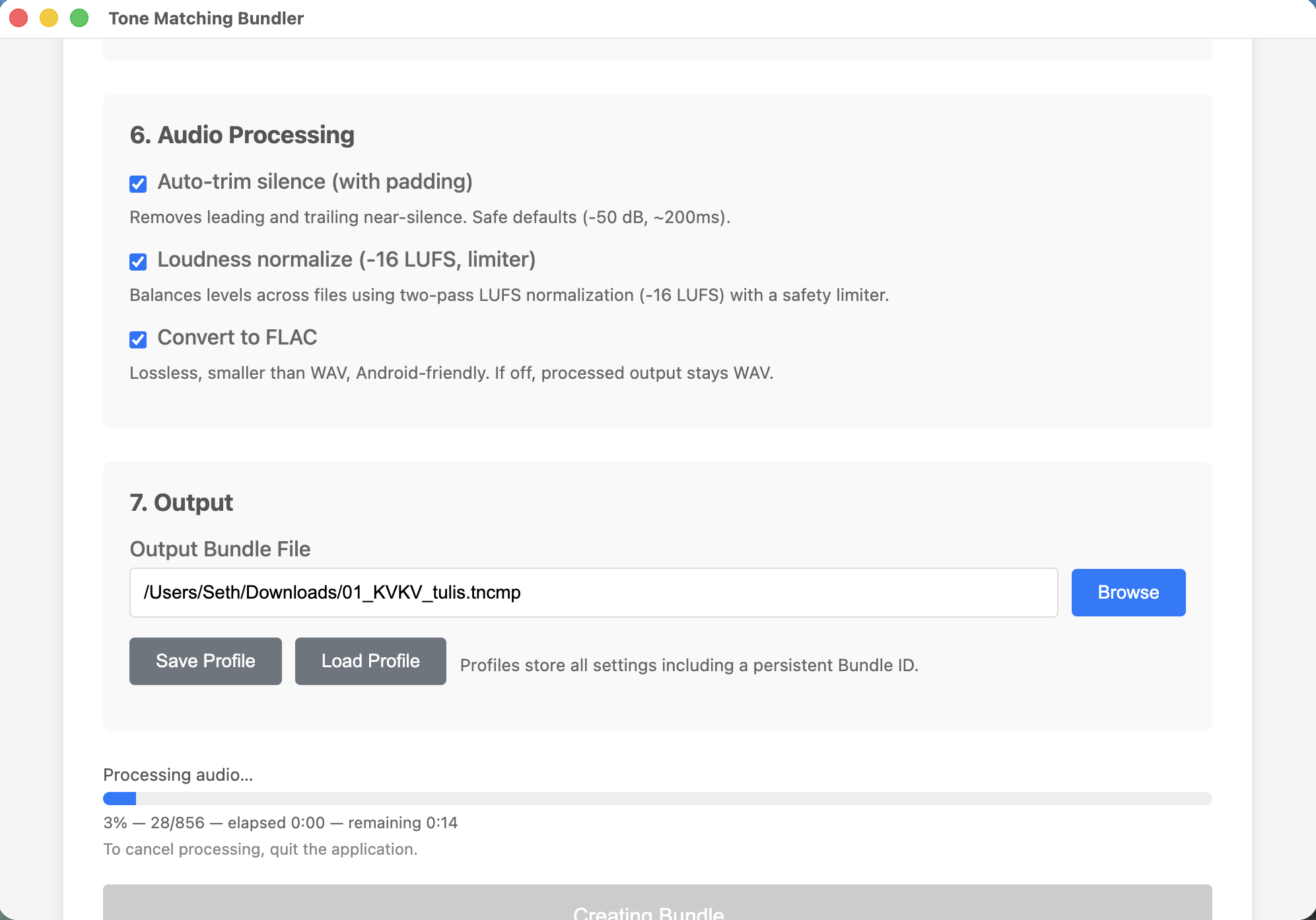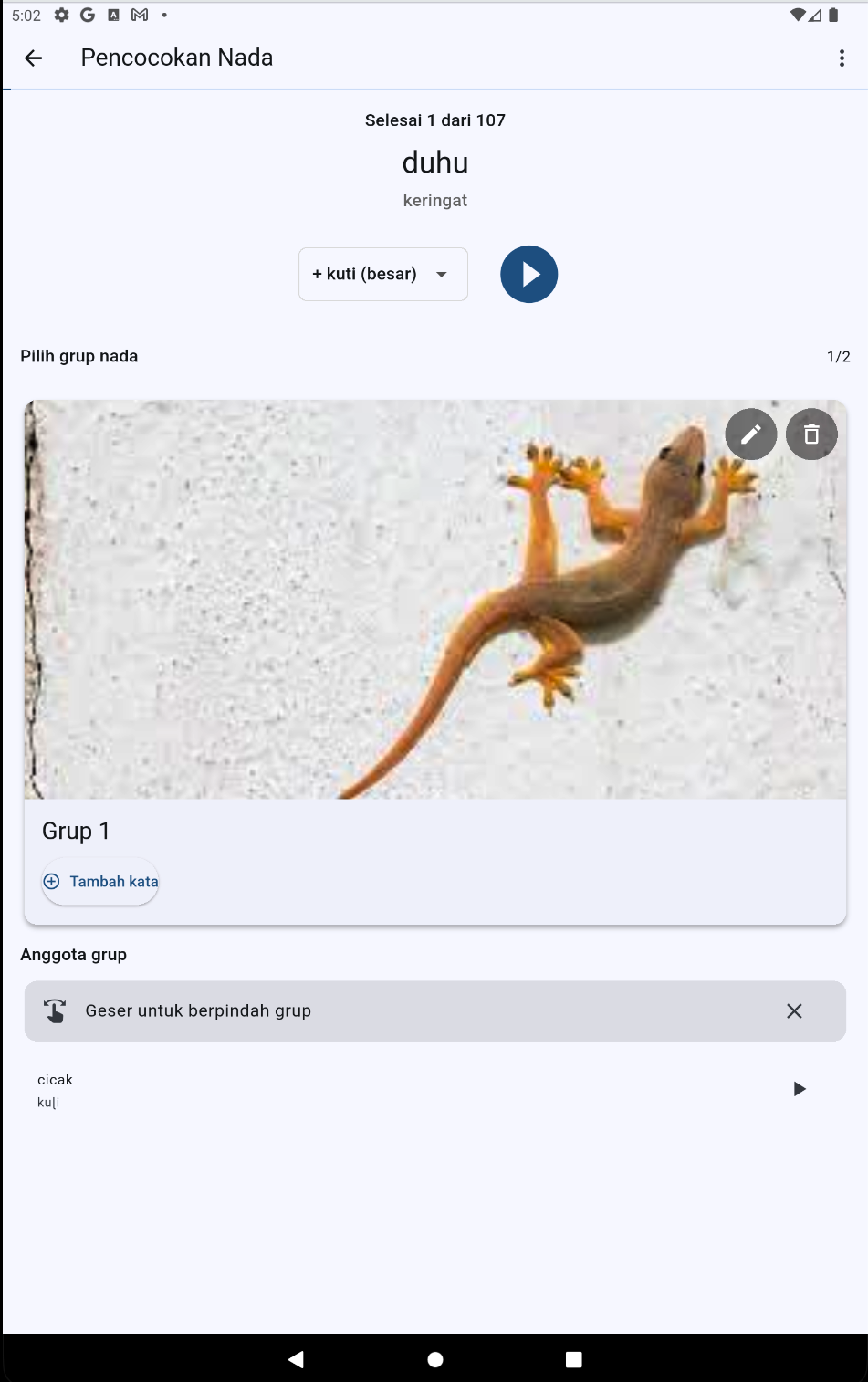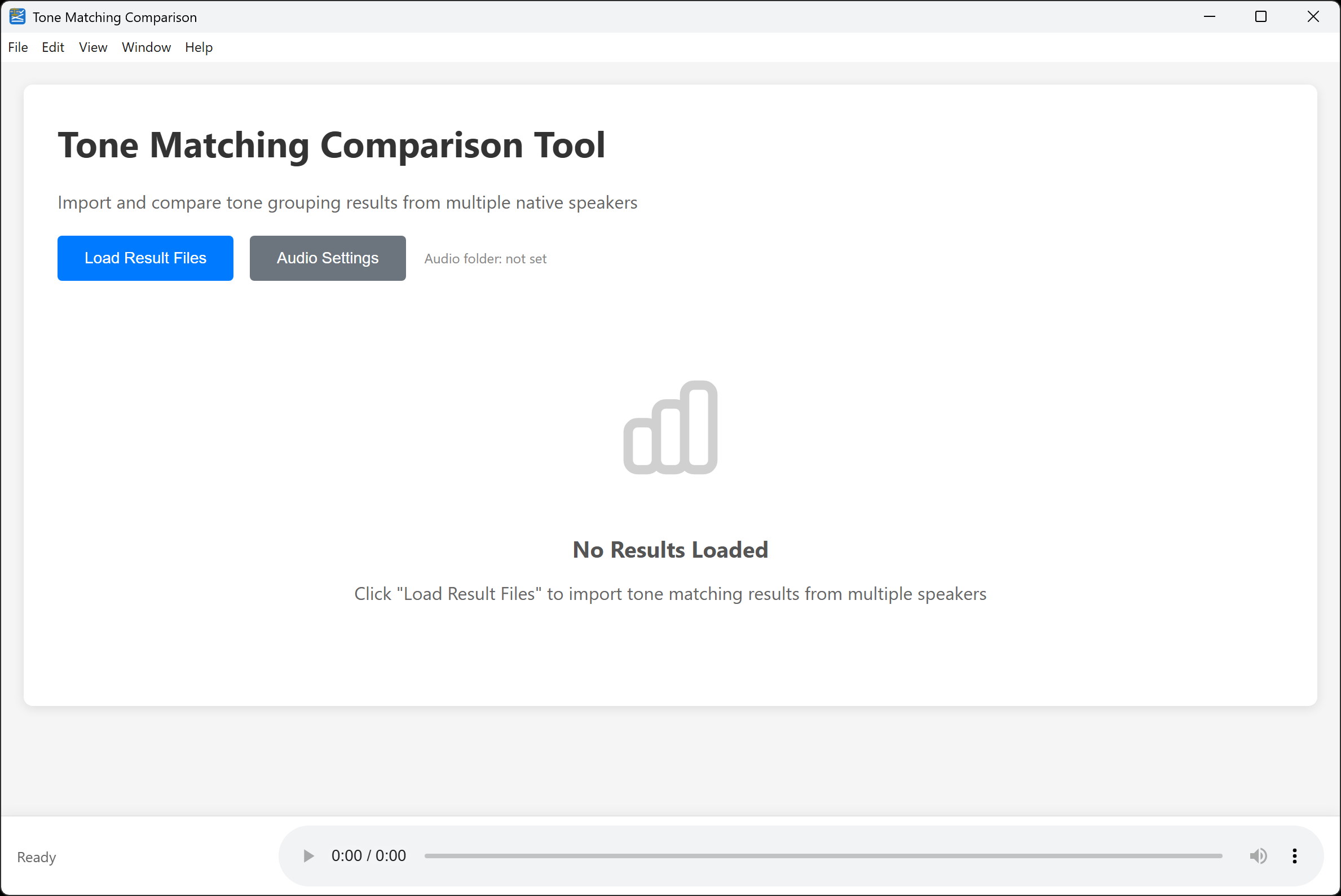How It Works
Three simple steps from data to analysis:
Prepare Your Data
Use the Bundler App to create a data bundle from your Dekereke XML database and audio recordings.

Classify Tones
Native speakers use the Mobile App or Desktop Matching App to listen to words and group them by tone melody.

Compare & Analyze
Use the Comparison App to review results from multiple speakers and identify patterns or disagreements.
